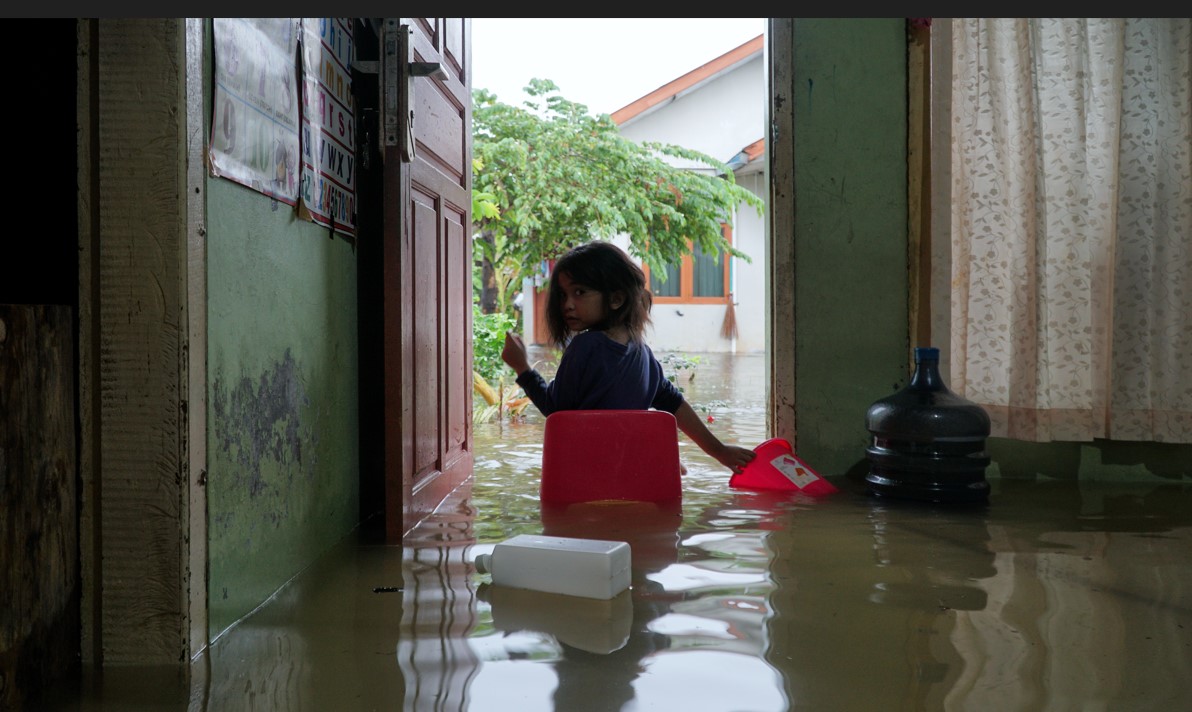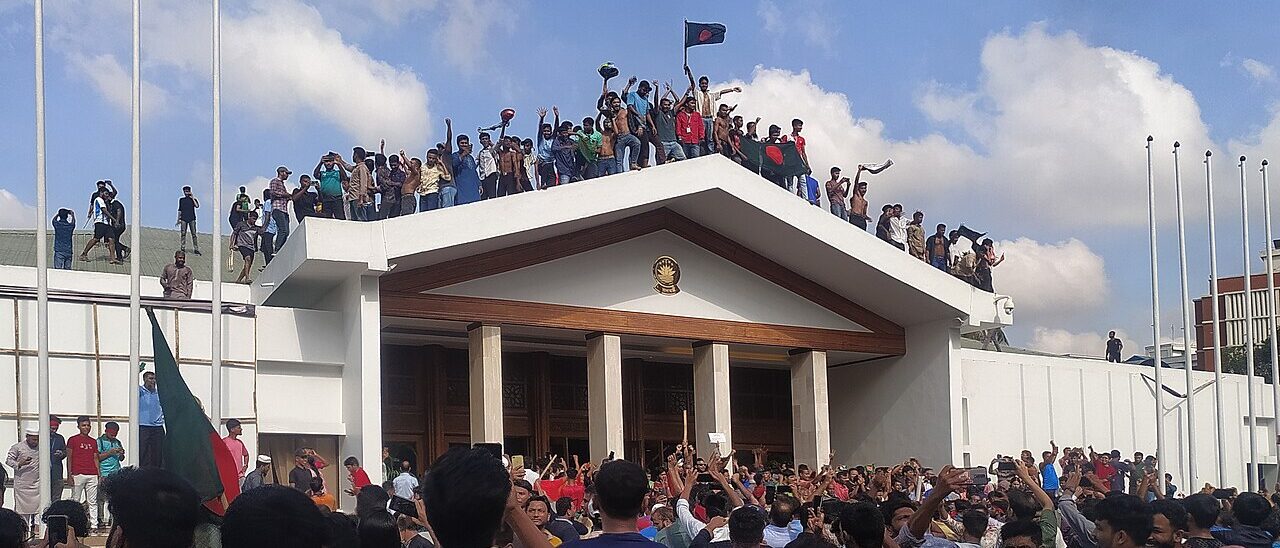This is a summary of the original article by Hannan Hussain that may be found here
Pakistan is among the most vulnerable countries to climate change, despite contributing only 0.8% to global carbon output. A 2018 COP24 report found that over 90% of natural disasters affecting Pakistan in the past 40 years were triggered by climate change.
The devastating floods between June and October 2022 affected an estimated 5.7 million people and put the country on the brink of a severe food crisis. The floods caused damage to major agriculture belts, putting pressure on long-term food supplies and increasing the risk of sudden shortages if future flooding persists.
The aftermath of the floods has resulted in over $30 billion in estimated losses, putting Pakistan further behind in achieving the U.N. Sustainable Development Agenda. The United Nations has increased its flood aid appeal to $816 million and warned of a “second wave of death and destruction” as health cases and nutrition risks increase for vulnerable populations.
Pakistan’s modest economic profile necessitates dependence on international loans for domestic stability. The International Monetary Fund (IMF) continues to provide vital support for the country, but this support comes with conditions that can be difficult for the government to meet.
To make things worse, frequent changes in government in Pakistan have made it difficult for the ruling party to sustain long-term rule, adding to the challenge of maintaining spending oversight, importing food from neighboring countries and rebuilding health infrastructure at the provincial levels.
For decades, the Pakistan-US relationship has put a premium on counterterrorism priorities in Afghanistan, but a steady decline in security cooperation makes it critical to generate new common ground for long-term engagement. Since the US withdrawal from Afghanistan, the relationship has lacked an enduring commitment that could bridge trust deficits and ensure a lasting diplomatic reset. There is a strong chance that a climate-oriented reset will plug that gap.
A deteriorating U.S.-Pakistan relationship could bring further instability to South Asia, challenge U.S-Pakistan climate engagements, increase food and economic insecurity in Pakistan, and intensify anti-U.S. sentiment in domestic politics. That is an outcome undesirable to Washington.
By reorienting its relationship with Pakistan toward collaboration over climate change, prioritizing long-term disaster relief and debt swap guarantees, the US can open avenues for a more productive relationship with Pakistan, effectively address anti-Americanism and fulfill its own commitments to climate action in the developing world. Any long-term climate and disaster relief support to Pakistan will be seen as valuable evidence that the US is prioritizing millions of Pakistanis and their livelihoods.
Historically, Washington and other Western partners have played a key role in advancing Pakistan’s emergency relief efforts. For instance, swift aid packages – including through the US Agency for International Development (USAID) – identify closely with past humanitarian and disaster assistance support.
The emergence of climate change as a top policy priority in Islamabad could lead to a change in expectations in its relationship with the US. The United States can play a meaningful role by scaling up partnerships with the Pakistani government on food, nutrition, water, and long-term shelter assistance in flood-hit areas.
Such action is vital to address the current food crisis and prevent future disasters in the region. Taken together, strong support for global climate action in Washington strikes a natural parallel with Pakistan’s push for more climate-driven cooperation with the US. An enduring US climate commitment could resonate with the Pakistani people in the long term – an outcome that counterterrorism cooperation struggled to achieve.
The views expressed herein may not necessarily reflect the views of JI FAD and/or any of its affiliates






